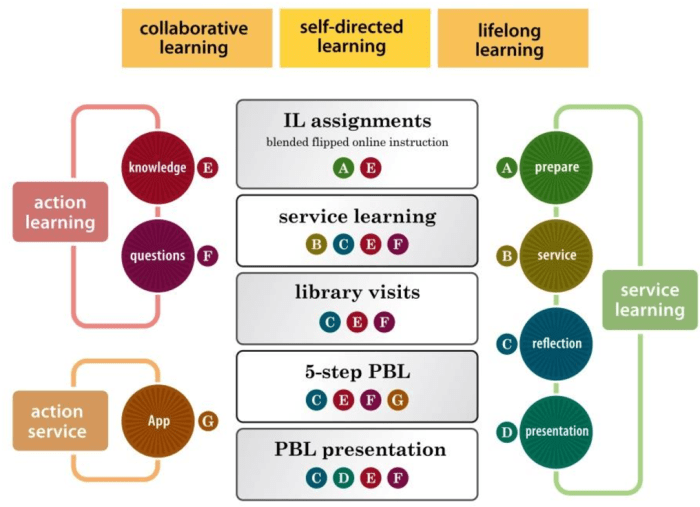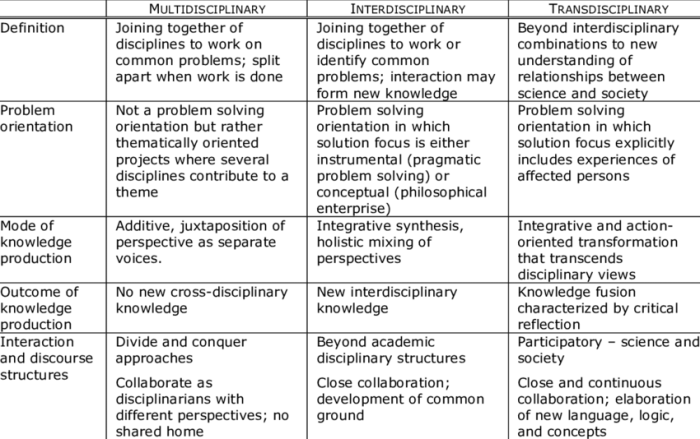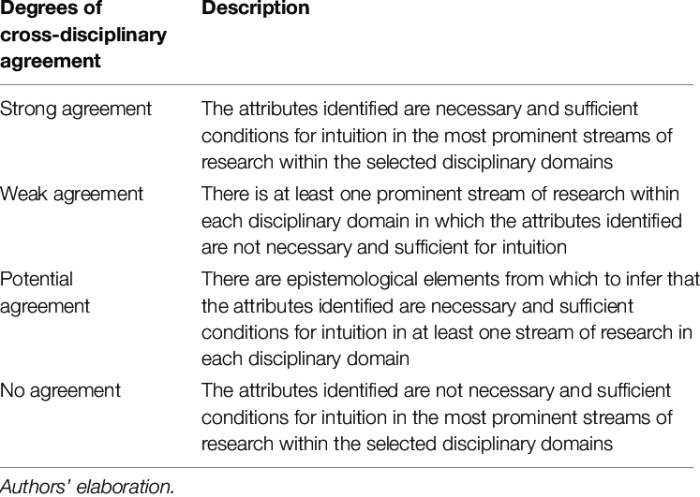Embarking on a journey to explore the transformative power of cross-disciplinary skills, this comprehensive guide unveils the intricacies of cross disciplinary skills worksheet answer key, empowering educators and professionals alike to cultivate these essential competencies.
Delving into the depths of cross-disciplinary skills, we unravel the multifaceted nature of this approach, encompassing a diverse array of abilities that transcend traditional disciplinary boundaries. Through the lens of a cross-disciplinary skills worksheet, we gain invaluable insights into the assessment and development of these critical skills, paving the way for enhanced problem-solving, innovation, and collaboration.
1. Overview of Cross-Disciplinary Skills Worksheet

A cross-disciplinary skills worksheet is a tool designed to assess and develop skills that transcend traditional disciplinary boundaries. It helps individuals identify, articulate, and enhance their abilities to work effectively across different fields and perspectives.
The worksheet typically includes sections for self-assessment, skill identification, and development strategies. By completing the worksheet, individuals can gain a comprehensive understanding of their cross-disciplinary strengths and areas for improvement.
2. Components of a Cross-Disciplinary Skills Worksheet, Cross disciplinary skills worksheet answer key
Key components of a cross-disciplinary skills worksheet include:
- Self-Assessment:Individuals reflect on their current skills, strengths, and weaknesses in cross-disciplinary collaboration, communication, and problem-solving.
- Skill Identification:The worksheet lists specific cross-disciplinary skills, such as critical thinking, collaboration, communication, and cultural sensitivity.
- Development Strategies:Individuals identify and plan strategies for developing their cross-disciplinary skills through activities, workshops, or coursework.
3. Methods for Assessing Cross-Disciplinary Skills
Various methods are used to assess cross-disciplinary skills, including:
- Self-Assessment:Individuals evaluate their own skills based on their experiences and perceptions.
- Peer Assessment:Colleagues or peers provide feedback on an individual’s cross-disciplinary skills.
- Performance-Based Assessment:Individuals demonstrate their cross-disciplinary skills through projects, presentations, or simulations.
4. Strategies for Developing Cross-Disciplinary Skills
Effective strategies for developing cross-disciplinary skills include:
- Collaborative Learning:Engaging in group projects and discussions that involve multiple perspectives and disciplines.
- Interdisciplinary Coursework:Taking courses that combine different disciplines, such as science, technology, engineering, and art (STEAM).
- Mentoring and Networking:Seeking guidance and support from professionals with diverse backgrounds and expertise.
5. Using Cross-Disciplinary Skills Worksheets in Practice
Cross-disciplinary skills worksheets have been used effectively in:
- Educational Settings:To assess and develop cross-disciplinary skills in students, fostering collaboration and interdisciplinary thinking.
- Professional Development:To identify and enhance cross-disciplinary skills in professionals, improving their ability to work in diverse teams and solve complex problems.
FAQs: Cross Disciplinary Skills Worksheet Answer Key
What is the purpose of a cross-disciplinary skills worksheet?
A cross-disciplinary skills worksheet provides a structured framework for assessing and developing the skills necessary for effective collaboration and problem-solving across disciplines.
How can I use a cross-disciplinary skills worksheet to enhance my teaching?
By incorporating cross-disciplinary skills worksheets into your curriculum, you can foster interdisciplinary thinking, encourage collaboration, and prepare students for the demands of the modern workplace.
What are some effective strategies for developing cross-disciplinary skills?
Effective strategies include creating collaborative learning environments, incorporating real-world problem-solving scenarios, and providing opportunities for students to reflect on their interdisciplinary experiences.


